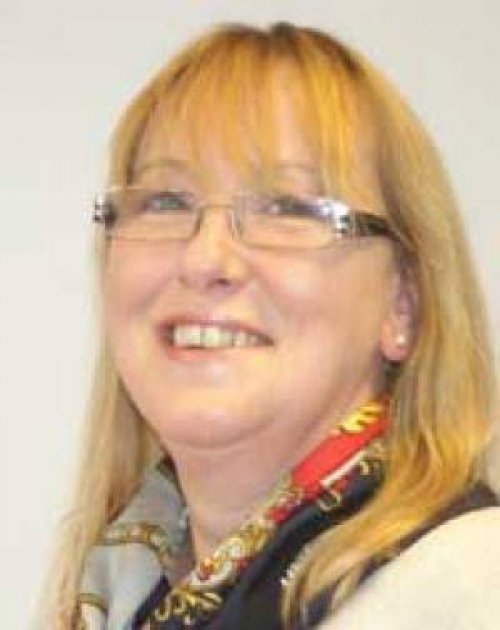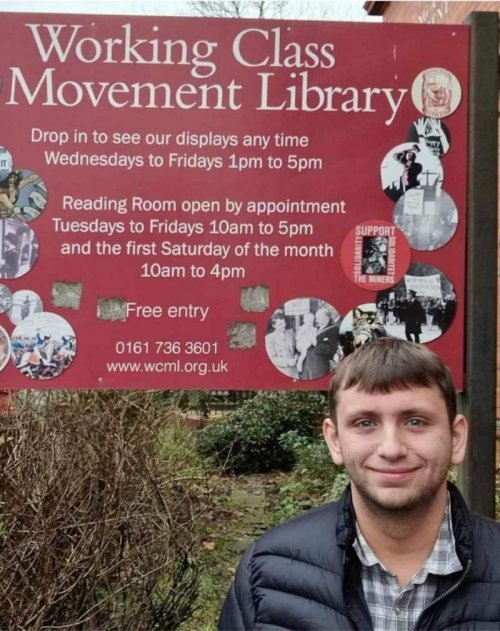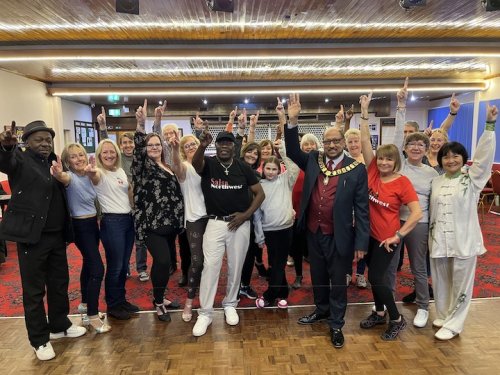Report On The House Of Lords Wednesday March 11th 2015
Mar, 16 2015
Wednesday 11th 2015 wasn’t just an average day in the diary of chair of the Creative Communities Group ( CCG ) and honorary fellow Russell Hogarth.
It was an afternoon of much discussion that primarily focused on the Independent Mental Health Advocacy (IMHA ) Resources launch at the House of Lords in London.
So what is the IMHA you may ask and what was discussed? In brief, the IMHA is a statutory right for people detained under most sections of the Mental Health Act, subject to guardianship or on a community treatment order (CTO). The IMHA acts in a way to make sure people get their voice heard and their rights are addressed. IMHA’S are a real plus for a person’s time in hospital. They are seen as credible and make a huge difference on the needs and circumstances of the individual during their stay in care.
From 3.30pm till 5 ‘0 clock in the afternoon, the following was addressed.
There was a short talk by Lord Michael Bichard, SCIE chair. He covered an overview of the meeting itself.
A staff perspective followed by a user perspective was considered and delivered by Mr Paul McLaughlin, Matron, East London NHS Foundation Trust and June Sadd, a peer researcher.
To conclude a social care T.V. film was presented to the board that covered: - “Understanding IMHA for mental health staff “.
There was refreshments after the film and an opportunity to network with members of the committee, colleagues and service users as well.
Some of the resources embedded throughout the day include the following :-
- An Understanding for IMHA for service users.
- A Social Care T.V. film
- And a conclusive report :- making a difference :- measuring the outcomes of IMHA.
For more information visit:- www.scie.org.uk/independant-mental-health-advocacy/
Meetings like these are designed to raise the profile of the IMHA and determine further awareness and understanding of what the IMHA actually does both for the welfare of the service user and the staff. The staff have frequent interaction with the service user so it’s important that both needs are met at an acceptable and coherent way.
The resources are collaborated with The University of Central Lancashire ( UCLan ). Their experience within health care and research has helped to have them as partnership in order for this meeting to go ahead successfully.






